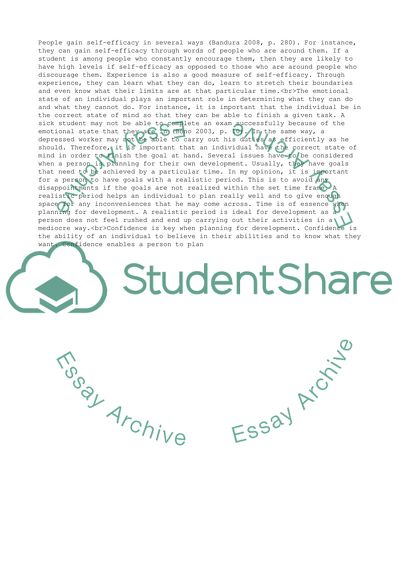Cite this document
(Career development Essay Example | Topics and Well Written Essays - 2000 words - 1, n.d.)
Career development Essay Example | Topics and Well Written Essays - 2000 words - 1. https://studentshare.org/management/1849195-career-development
Career development Essay Example | Topics and Well Written Essays - 2000 words - 1. https://studentshare.org/management/1849195-career-development
(Career Development Essay Example | Topics and Well Written Essays - 2000 Words - 1)
Career Development Essay Example | Topics and Well Written Essays - 2000 Words - 1. https://studentshare.org/management/1849195-career-development.
Career Development Essay Example | Topics and Well Written Essays - 2000 Words - 1. https://studentshare.org/management/1849195-career-development.
“Career Development Essay Example | Topics and Well Written Essays - 2000 Words - 1”. https://studentshare.org/management/1849195-career-development.


